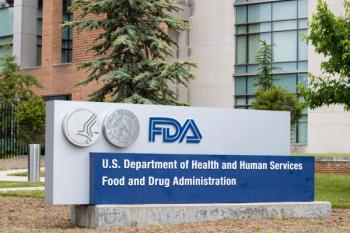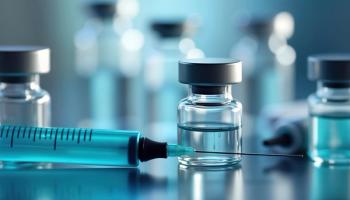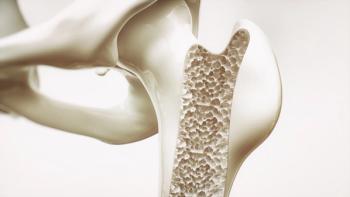
FDA Allows First Biosimilar Without Clinical Efficacy Trials
The FDA's groundbreaking decision to waive clinical efficacy studies for a monoclonal antibody biosimilar revolutionizes drug approval, reducing costs and enhancing patient access.
The FDA granted its first-ever acceptance to waive clinical efficacy studies (CES) for a monoclonal antibody biosimilar earlier this month, marking a major shift that could lower drug costs, speed up approvals and broaden access to affordable treatments worldwide.
For years, CESs have been a required step when approving biosimilars. According to Sarfaraz K. Niazi, a professor at the University of Illinois at Chicago, he said in a news release, these studies are expensive and time-consuming and typically can cost hundreds of millions of dollars while rarely uncovering meaningful differences from the reference product.
The FDA’s acceptance in this case applies to a biosimilar of Stelara (ustekinumab), an immunosuppressive drug used for conditions such as Crohn’s disease and psoriasis. Instead of requiring CESs, the agency agreed that analytical similarity testing and immunogenicity studies were sufficient to demonstrate biosimilarity.
“This is a victory for science, for reason, and most importantly, for patients who deserve affordable access to biological medicines,” said Niazi, whose
The decision could reduce biosimilar development costs by over 90%, according to Niazi’s findings. Approval timelines may also accelerate by as much as 70%, potentially bringing lower-cost alternatives to patients more quickly.
In addition, a report from the Biosimilars Council found that methods such as modern analytical and pharmacokinetic (
The report noted that since 2015, biosimilars have saved nearly $24 billion for U.S. patients and the healthcare system while expanding treatment availability. The report recommends that the FDA clarify that CESs should only be requested when scientifically justified and encourages establishing global comparators to reduce duplicative testing.
The report added that simpler methods could allow smaller and mid-sized companies—not just multinational pharmaceutical firms—to compete. That increased competition is expected to drive down prices, mirroring the impact of generic drugs in the small-molecule market.
Niazi, who has published on biosimilar development, argued in
“It will fundamentally reshape the economics of biosimilars and expand access globally,” he said.
The FDA’s move brings it into closer operations with other regulatory agencies. For example, the European Medicines Agency (EMA) and the UK’s Medicines and Healthcare Products Regulatory Agency (MHRA) have already signaled support for reducing or eliminating CES requirements in certain biosimilar cases.
With biologics accounting for an increasing share of drug spending in the U.S., the savings could break through both household budgets and healthcare systems.
“Most importantly, [this] will make [biosimilars] affordable to the majority of global patients,” Niazi said.
However, the FDA’s acceptance in this case does not eliminate CES requirements across the board. Instead, it sets an example that future applications can build on. Each biosimilar will still be evaluated individually, with regulators determining whether analytical and immunogenicity data are sufficient.
Niazi encouraged smaller drugmakers to take advantage of the new pathway. The hope is that by lowering the cost of entry, the biosimilar market will become more diverse and competitive, driving affordability and access.
Newsletter
Get the latest industry news, event updates, and more from Managed healthcare Executive.























